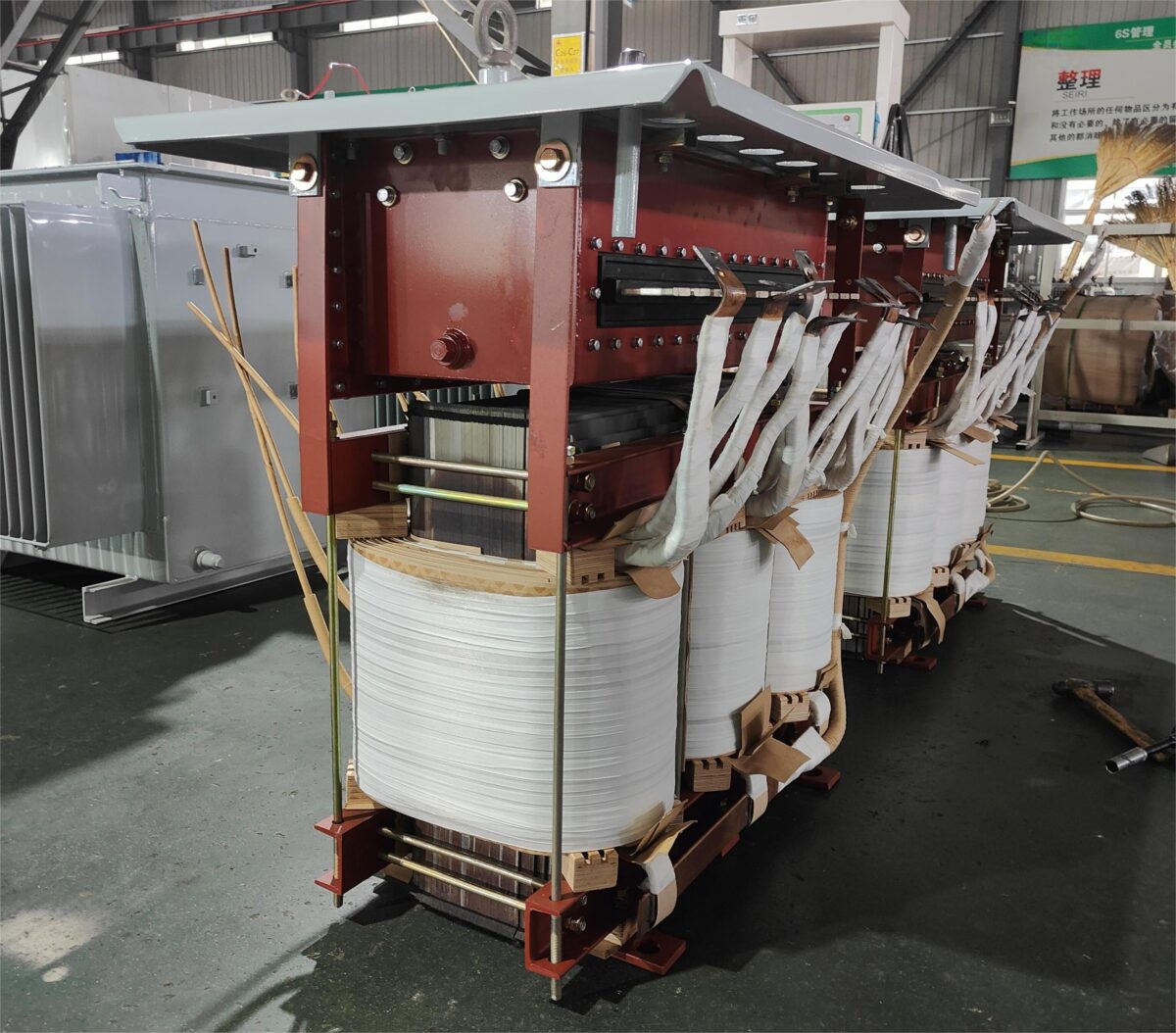Delta Transformer: Versatility in Power Distribution
Delta transformers are essential components in three-phase power systems, known for their robustness and versatility. They play a crucial role in applications requiring reliable high-power transmission. This section will explore the operational characteristics and advantages of using Delta transformers in various settings.
Operational Characteristics and Advantages
Delta transformers are distinguished by their triangular configuration, where the end of each coil is connected to the start of the next, forming a closed loop. This unique setup allows Delta transformers to provide a continuous path for the flow of current, which enhances the system’s overall reliability. One of the main advantages of Delta transformers is their ability to handle high current loads efficiently without significant voltage drops, making them ideal for large industrial applications.
Another significant benefit of the Delta configuration is its inherent ability to suppress third harmonic currents, thereby stabilizing the power supply and reducing harmonic distortion in the system. This feature is particularly important in environments with sensitive electronic equipment, where power quality is critical.
Furthermore, Delta transformers are well-suited for applications that do not require a neutral point because they can operate effectively with only three wires. This can lead to cost savings in both installation and maintenance, as fewer conductors are required compared to other configurations. Overall, Delta transformers are valued for their durability, efficiency, and ability to maintain system stability under challenging conditions.

